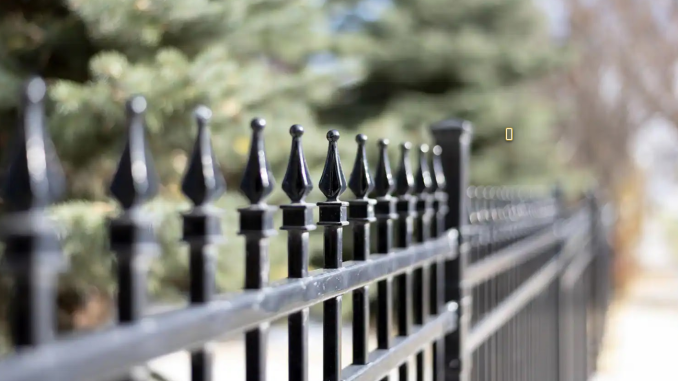
By Ian Ezinga
We each see the same cast iron fence as we enter Brooklyn College, but each set of eyes sees an entirely different image. It is how a single object can appear as an infinite amount of vastly different images that intrigues me. Perspective is what is being discussed, but I would argue that the active search and development of one’s perspective is the single most valuable pursuit of a college student.
We are all capable of gleaning public information to learn a fact or how to complete a task, but in the end, we are condemned to wander in an endless library if we don’t know what we are looking for. If you are short on time, my argument, condensed for your convenience, is that the humanities are far more important for a developing mind than any other discipline.
We of course need doctors, engineers, and technical specialists. Our society is reliant on trained professionals who are entering the workforce with the latest knowledge of their field and the confidence needed to deploy it. I am of course not arguing that everyone should major in the humanities, but I am advocating for a reorientation of thought which suggests that college can be an experience beyond getting qualified to work.
If that is all you’re in for, so be it. But I would encourage readers who may be weary of taking history or english classes to look into the eyes of older folks around you. Perhaps the eyes of your parents, your bosses, the police, or ever so carefully into those belonging to influencers online. Do you see people who know what they are doing?
These groups of people, and just about all others, operate under the guise that they obviously know what they are doing. Staring long enough, however, it becomes readily apparent that of course, they don’t know what they are doing. The amount of decisions one needs to make to land themself in a place of authority is shockingly small. Yet, once adorned with power or influence, these people assume the stance of someone who knew what they were doing all along.
Seeing their eyes and their stories for what they are can be useful in writing your own. The question of what that story ought to look like is best answered in the sweetest fruits and heartiest crop of our collective consciousness: the humanities.
The study of the humanities will always be imperfect, but the most important aspect of its pursuit is the inevitable process of osmosis. Reading, listening, or even just starting, are what these classes ask of students. It is no wonder why on the surface they are often considered boring. But what you are doing by simply using your senses is strengthening them.
Through practice and patience, you will select various elements of other people’s perspectives so that you yourself become someone worth listening to. You cannot read a single book and understand the meaning of the universe. But years of appreciating art or history can lend themselves to the ordinary person in quite magical ways.
The magic I speak of may be disappointing when it’s disclosed that you can’t immediately tell if someone is lying, predict the next words in a speech, or always correctly guess the direction in which the beat will go – though doctors say these, other unexplainable wonders can be observed among practitioners of the humanities. The magic is seeing that cast iron fence in a completely different way than the person walking or standing next to you.
There is no correct image to have when looking at or thinking of the metal fence that surrounds Brooklyn College. You can think of it as an allegory to the walls built up around public education; or a product derived from several millennia worth of defending what is valuable; maybe a relic of FDR’s New Deal; perhaps a manifestation of humans’ psychological tendencies to develop new technologies like iron or welding; or maybe just a raggedy collection of iron, weather-beaten and rusting, which gracefully displays the light emitted from a setting sun or a parked car’s blinking hazards.
It doesn’t matter how you see the fence or if you’re even interested in talking about how different people might see a fence. I suppose I am less arguing and more earnestly welcoming all who have a spark of curiosity to pursue it now while you’re in school.
There will always be a way to make a living, albeit most don’t allow for a lifestyle that society unsubtly suggests that you are lesser if you don’t achieve. But we are each given a very small allotment of time to smell, to listen, and to stare at the world around us.
Yes, don’t forget to smell the roses, but also don’t forget that such a saying is only made possible by an understanding of what an education in the humanities can offer.
